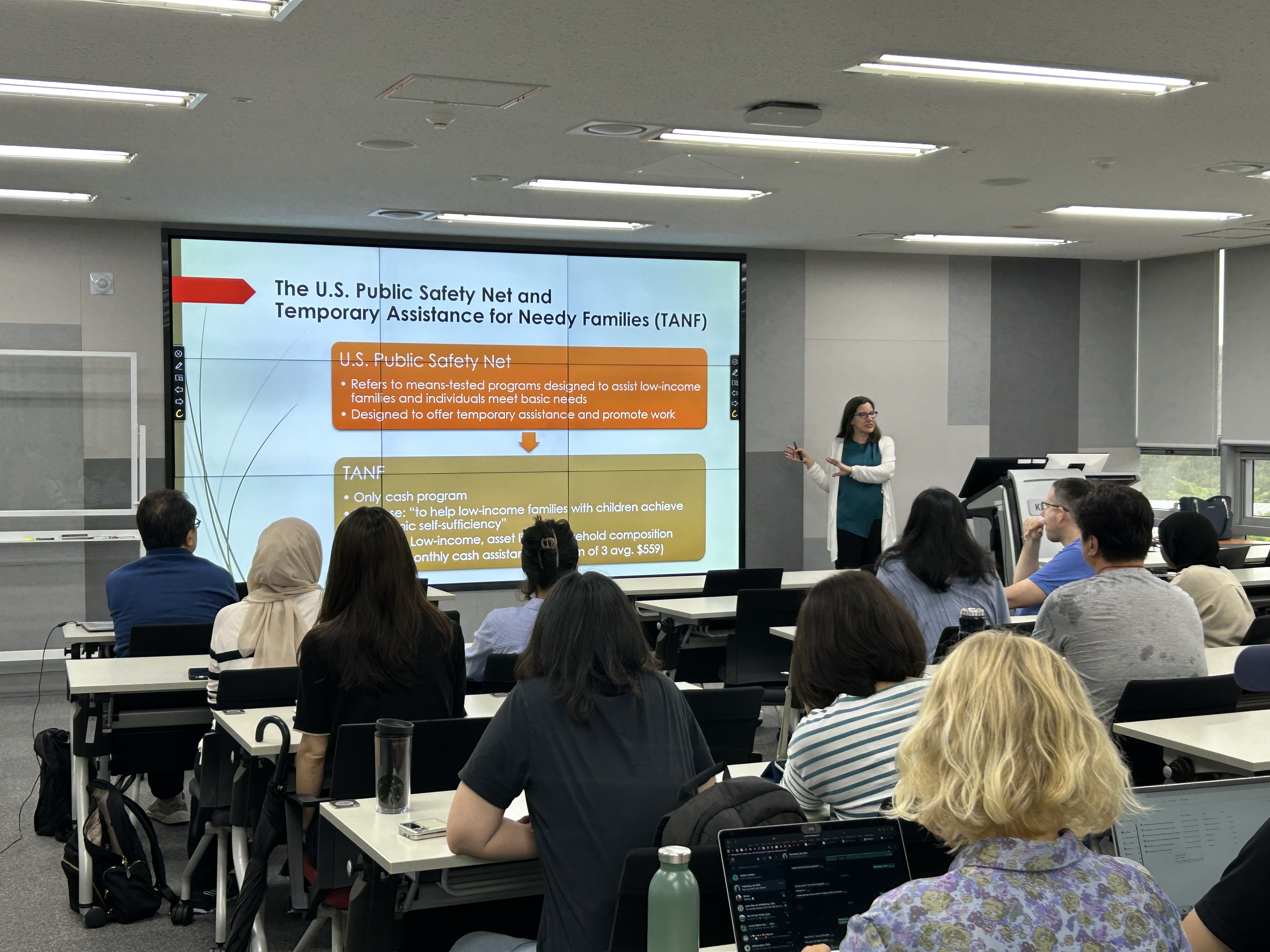Shortly before he died in 2011, Steve Jobs famously told President Obama that Apple would have located 200,000 iPhone manufacturing jobs in the United States, rather than China, if he could have found 8,700 qualified industrial engineers in the U.S. This exchange and others like it led to a widespread belief that American technology education was in crisis and that the U.S. was hemorrhaging jobs because our students couldn’t or wouldn’t do the hard math.
That claim was nonsense, says Hal Salzman, a public policy professor at Rutgers University in New Jersey.
To demonstrate that Apple would not have brought those jobs stateside, Salzman calculated the average wages of electronics production line workers in the U.S. at $42,000 compared to the average in China of $4,800. If Apple had relocated all those jobs to the U.S., he concluded, the company would have lost $26 billion a year in profits, slightly more than it earned in 2011 when the comment was made.
If Salzman is right, then even if qualified engineers had been standing on Palo Alto street corners holding “will work for food signs,” Apple would not and could not have made that shift.



